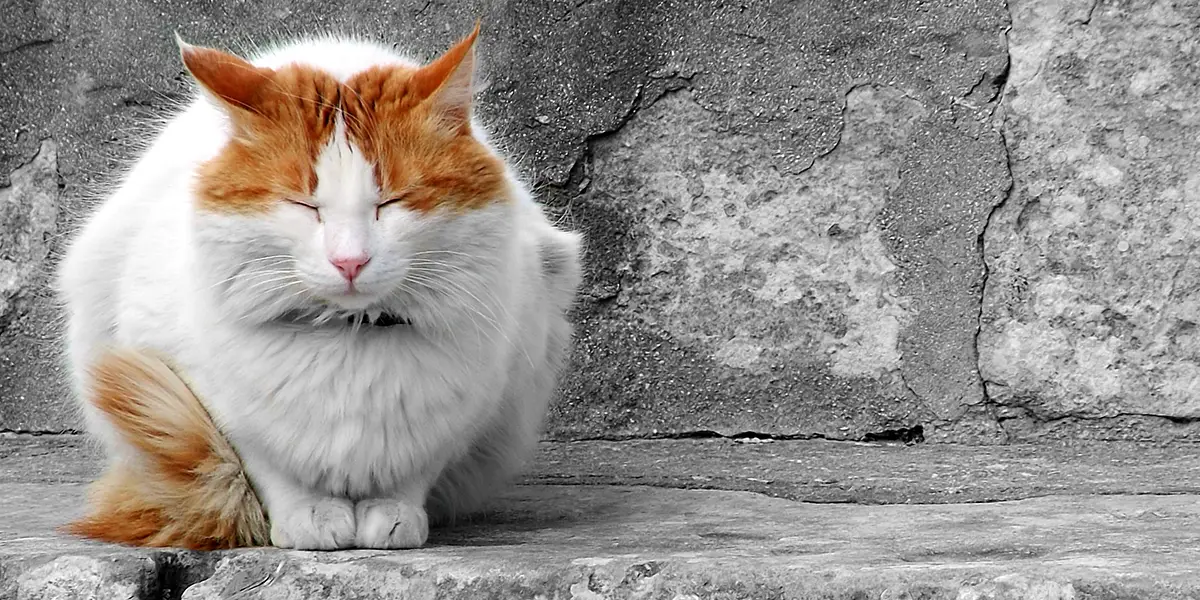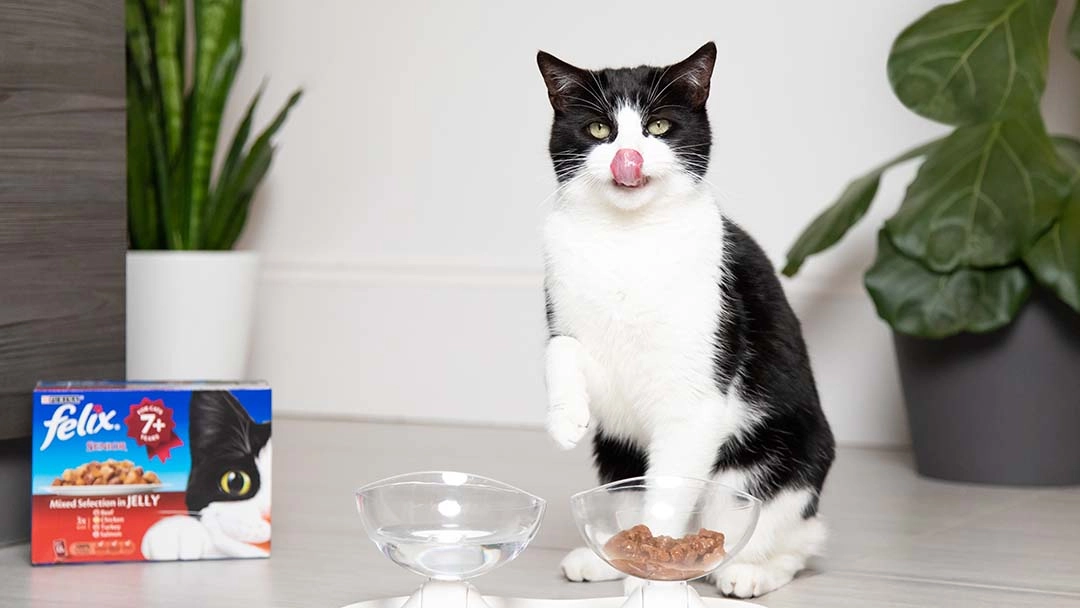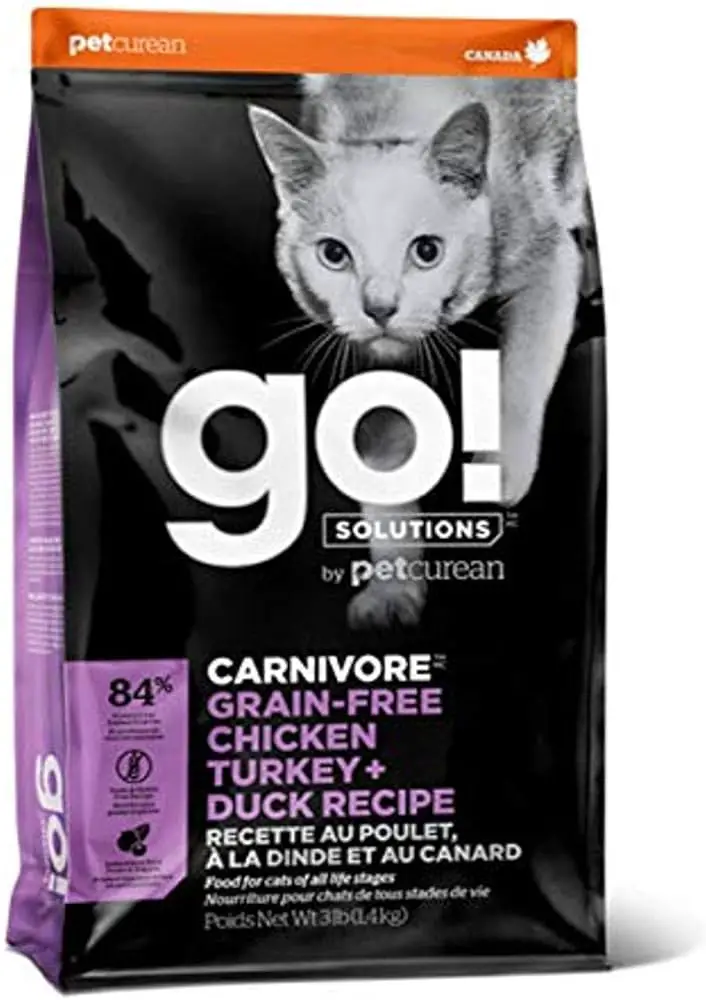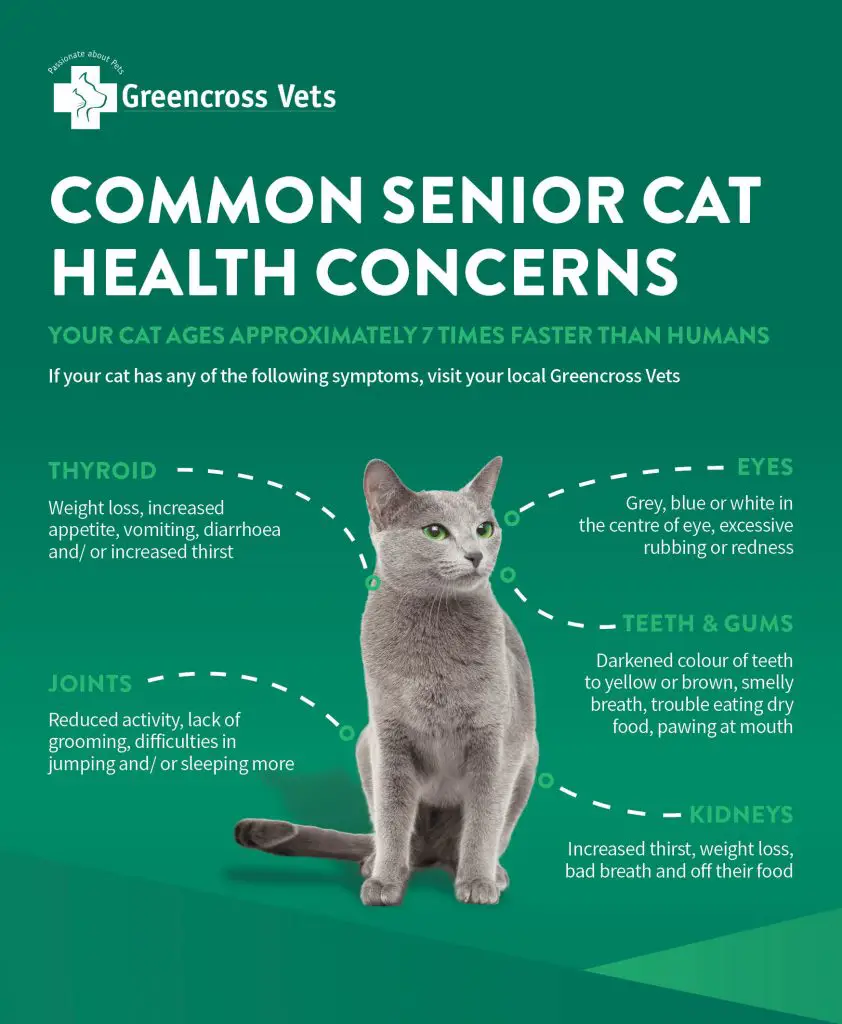Understanding the Dietary Needs of Senior Cats
As individuals age, there is a heightened focus on diet and health. With the passing years, both the structure of our diets and nutritional balance must undergo adjustments to accommodate the body’s natural aging processes.
Much like humans, cats experience significant differences in their physiological functions between their senior years and youth or adulthood. Consequently, it is crucial to make appropriate dietary adjustments for senior cats.
So, what should senior cats eat? Are there specific nutritional aspects that require special attention in their golden years? Today, let’s delve into and summarize relevant literature to understand what scientific research has to say.

Understanding the Energy Needs of Senior Cats
Firstly, the energy requirements for senior cats are not necessarily lower than those for adult cats. In humans and dogs, the Maintenance Energy Requirement (MER) often decreases with age. This implies that as individuals grow older, the energy needed to sustain normal bodily functions decreases, and consequently, their appetite may diminish.
However, many pet owners might assume that older cats naturally eat less and, as a result, reduce their feline companion’s food supply. Contrary to this belief, various studies suggest that this might not be an ideal feeding approach for cats.
In a study conducted in 2005, Laflamme found that a cat’s energy requirements reach their lowest point between 10-12 years of age, subsequently increasing with advancing years. Several factors contribute to this phenomenon:
- (1) The basal metabolic rate of senior cats does not decrease, but their physical activity markedly declines.
- (2) Age-related deterioration in digestive function necessitates a higher energy intake for senior cats.
In summary, the daily energy needs of senior cats are not lower than those of adult cats. Therefore, reducing the overall food quantity for senior cats is not advisable. However, for adult cats (under 12 years old), a moderate reduction in calorie intake may be beneficial.

Enhancing Protein Intake in the Diet of Senior Cats
Secondly, in the dietary structure of senior cats, there should be an increased proportion of protein. Research indicates a significant decline in the digestion rate of fat in senior cats, whereas the reduction in the digestion rate of protein is not as pronounced. In other words, for senior cats, protein is often better digested and absorbed compared to fat.
As cats age, their lean body mass tends to decrease, leading to a decline in the ratio of muscle to fat. Unlike humans, starting at around 12 years old, cats often lose more fat with age, resulting in a decrease in body fat percentage.
Maintaining a lean body mass has a significant impact on the health and life expectancy of senior cats. To preserve lean body mass and reduce muscle loss, it is crucial to focus on increasing protein intake in the daily diet of senior cats.

Enhancing Overall Health in Senior Cats
Thirdly, the addition of antioxidants, prebiotics, and fatty acids may contribute to improving the overall health of senior cats. Beyond the protein/fat ratio, research suggests that incorporating an adequate amount of antioxidants into their diet can be beneficial for senior cats’ well-being.
In a long-term study involving 90 cats, researchers investigated the impact of antioxidants, fatty acids, and prebiotics on the health and lifespan of cats. The cats, aged 7 to 17 years, were randomly divided into three groups: Group A received regular cat food, meeting basic nutritional requirements; Group B had additional vitamin E and carotenoids in their diet; Group C’s diet included vitamin E, carotenoids, n-3 and n-6 fatty acids, and inulin (as a prebiotic). These groups maintained their respective diets from the start of the study until the cats’ passing.
Over a span of more than 7 years, researchers closely monitored and analyzed the cats. The findings revealed that Group C cats had an average lifespan 11 months longer than Group A. In various physiological indicators such as serum vitamin E levels, blood volume ratio, lean body mass, and skin thickness, Group C cats exhibited superior performance. In essence, the health and lifespan of Group C cats were significantly higher than Group A, while Group B cats fell between Group A and Group C in terms of lifespan and health.
This suggests that adding antioxidants, prebiotics, and fatty acids to their diet can significantly elevate the health of senior cats. However, the underlying mechanisms are not yet clear.

For senior cats, given the decline in activity levels, the importance of their diet becomes increasingly crucial to maintain their health. Current research on the dietary and nutritional needs of senior cats is relatively limited. From existing studies, we can gather the following recommendations for their diet:
- (1) Do not reduce the cat’s food supply;
- (2) Increase the protein content in the diet to help maintain lean body mass and reduce muscle loss;
- (3) Opt for food with added antioxidants, fatty acids, and prebiotics to enhance the overall health of the cat (many premium cat foods already contain these substances, refer to their ingredient lists for details).
